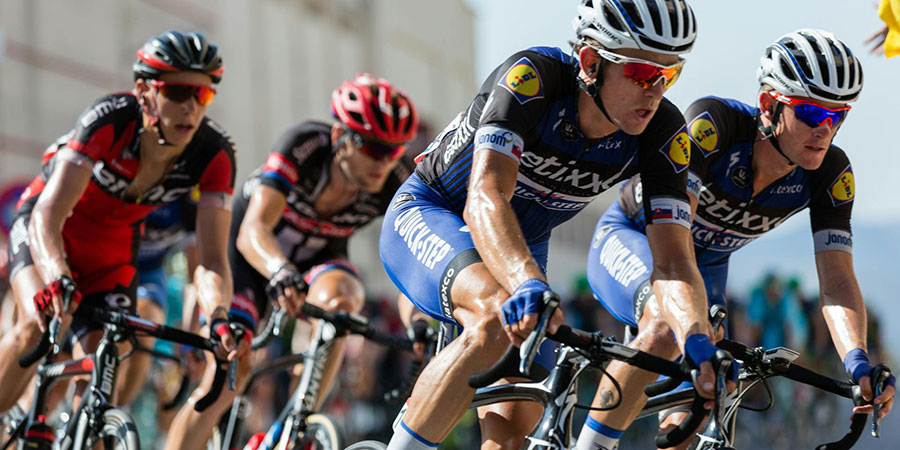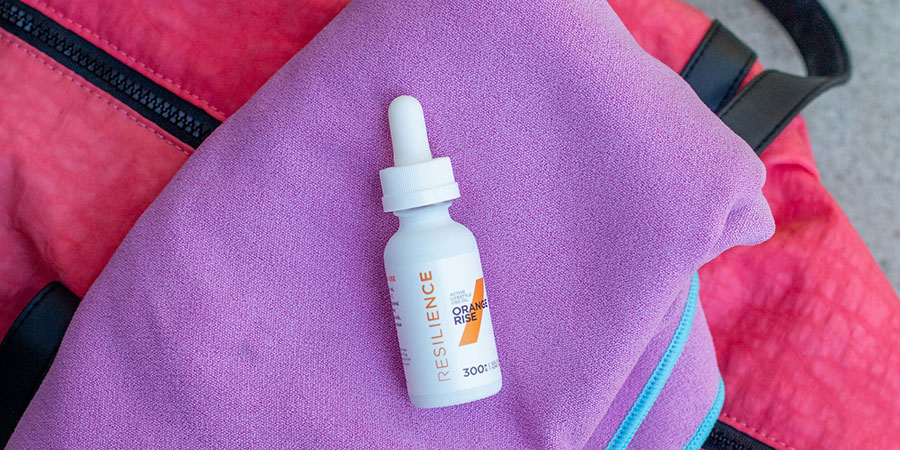CBD has been getting attention in the past few years, and you can find it in all forms in countries where it is legal. It is available in capsules, oil, or gel, and you can add it to beverages and even foods. For a unique twist, some enthusiasts have explored incorporating CBD into unconventional treats, such as amanita mushroom gummies, offering a novel and potentially enjoyable way to experience the benefits of cannabidiol.
Now that it has been trendy, its influence has also reached the world of sports and is prevalently used in golf, cricket and rugby. The question here is, can it be used in cycling like in other sports mentioned, and would it be legal?
Is Cannabidiol Legal in Canada?
CBD-infused products are legal in most countries, including Canada, and are regulated by the Cannabis Act. It has been used to treat several medical conditions but is still a controlled substance based on the United Nations drug control conventions.
Possible Benefits for Cyclists
Several articles and research showed several benefits of taking the herb, such as improving sleep and reducing anxiety. However, CBD also has some possible effects that cyclists could benefit from.

1. Help ease physical pain
Studies show that it could significantly reduce physical pain by managing bruises, bumps, and some injuries you can typically get when engaging in sports. In addition, the herb can also be used in managing pain muscle due to strenuous efforts when cycling. Peter Stetina, an ex-road pro and gravel and endurance cyclist, applies the extract’s cream on his muscles to alleviate soreness after a race. Moreover, many cyclists find it effective in enhancing their overall recovery.
2. Aid post-training recovery
According to Team Skyline director for sports Michael Tacci, Cannabidiol has seen the potential to improve the post-training recovery of cyclists, which could help them reach the optimal recovery faster. Its anti-inflammatory properties contribute to reducing the muscle inflammation that often follows intense training sessions. Incorporating CBD into post-training routines may be a valuable strategy for cyclists aiming for quicker recovery and improved performance.
3. Has calming effects
Wolfgang Brandl, a Team Skyline racer, used the herb to help him calm down after a race. He uses its cream to remove the muscle fatigue in the legs, which feels pretty good. He even shared his experience that when he almost felt burnt out during a 10-day race, his friend recommended trying some cream that he described as “pretty good” for his legs. The calming effects can also contribute to better mental recovery, promoting a sense of relaxation after intense physical exertion. Cyclists looking for natural ways to unwind and recover may find CBD beneficial in managing physical and mental stress.
4. No harmful side effects
The herb helps remove the feeling of grogginess the following day after a race and aside from these benefits mentioned, it also does not have any bad side effects. Furthermore, it is legal in most countries, although not in all countries. Cyclists can incorporate it into their recovery routine without concerns about adverse health effects. Understanding the lack of harmful side effects provides reassurance for cyclists considering CBD as a part of their wellness and recovery regimen.
Dosage – How Much Should I Take?
According to the UK Food Standards Agency, taking no more than 70 mg of CBD per day is recommended. However, up to the date of this writing, there is still no scientific evidence that backs up the 70 mg as the dosage limit per day. According to Professor Barnes, some people would probably need more than just 70 mg while others would need less, so it depends on the individual and their needs. Cyclists must experiment with different dosages and monitor their response to find the optimal amount for their specific requirements. Tailoring CBD dosage to individual needs ensures cyclists can maximize its benefits while avoiding unnecessary excess.
One thing recommended is that beginners start with low dosages, such as 10 mg and slowly take higher doses. But it is still important to take it cautiously until more scientific research is done.
Conclusion
With all the possible benefits of CBD, it is important to practice precaution when taking it since it is still under study and development. It’s controversial yet beneficial but definitely can improve your cycling performance. As a Canadian cyclist, you have access to legal CBD products, and incorporating them into your routine may contribute positively to your overall well-being and performance on the road. Remember to consult with healthcare professionals for personalized advice and ensure a safe and informed use of CBD in your cycling journey.



